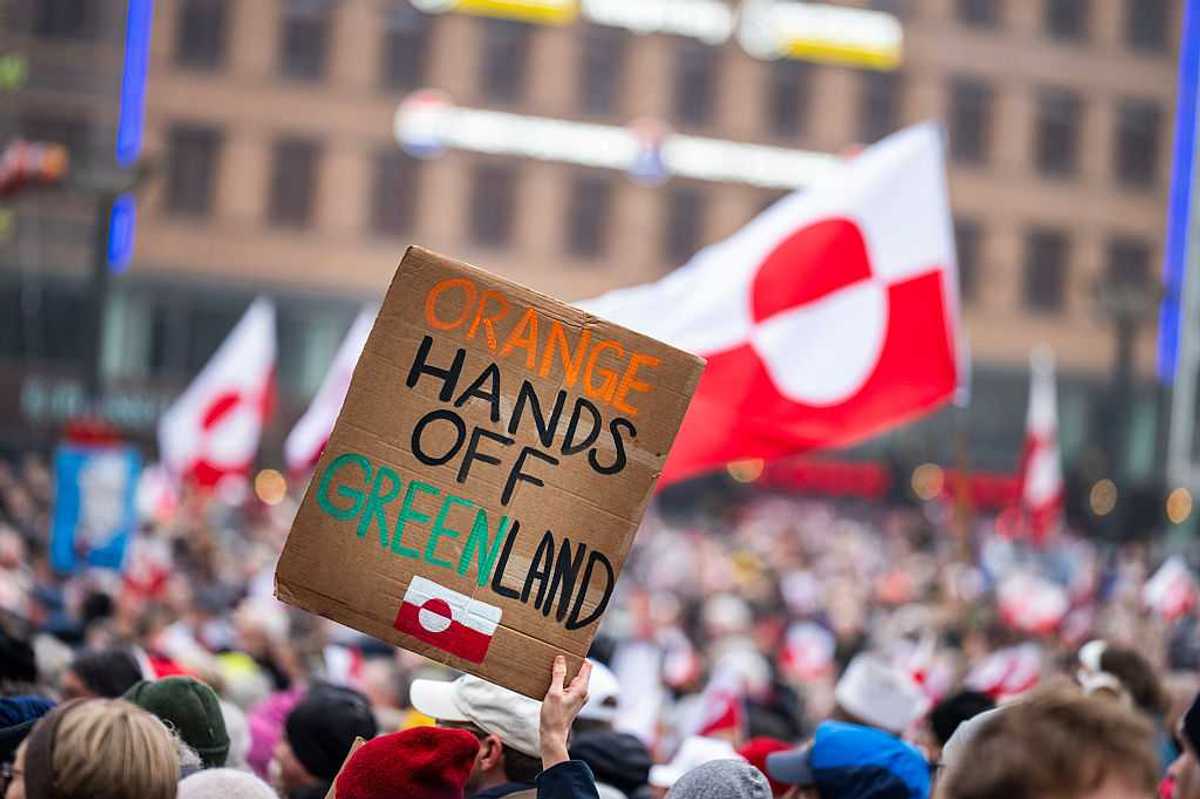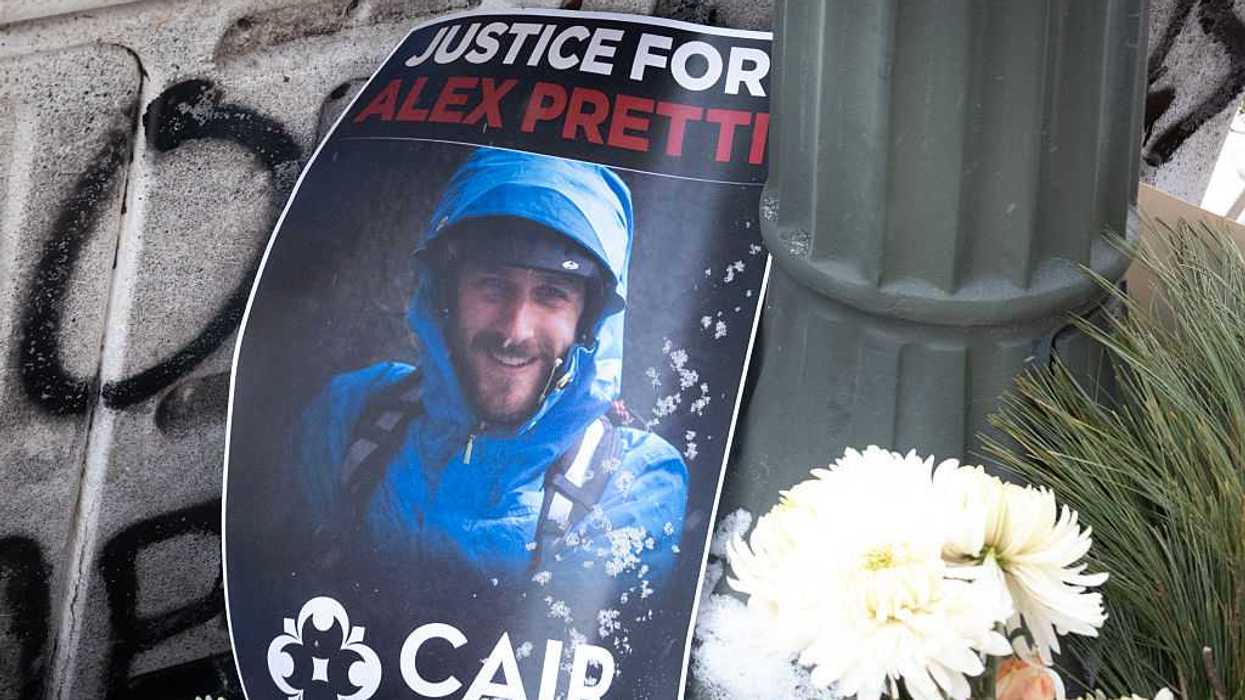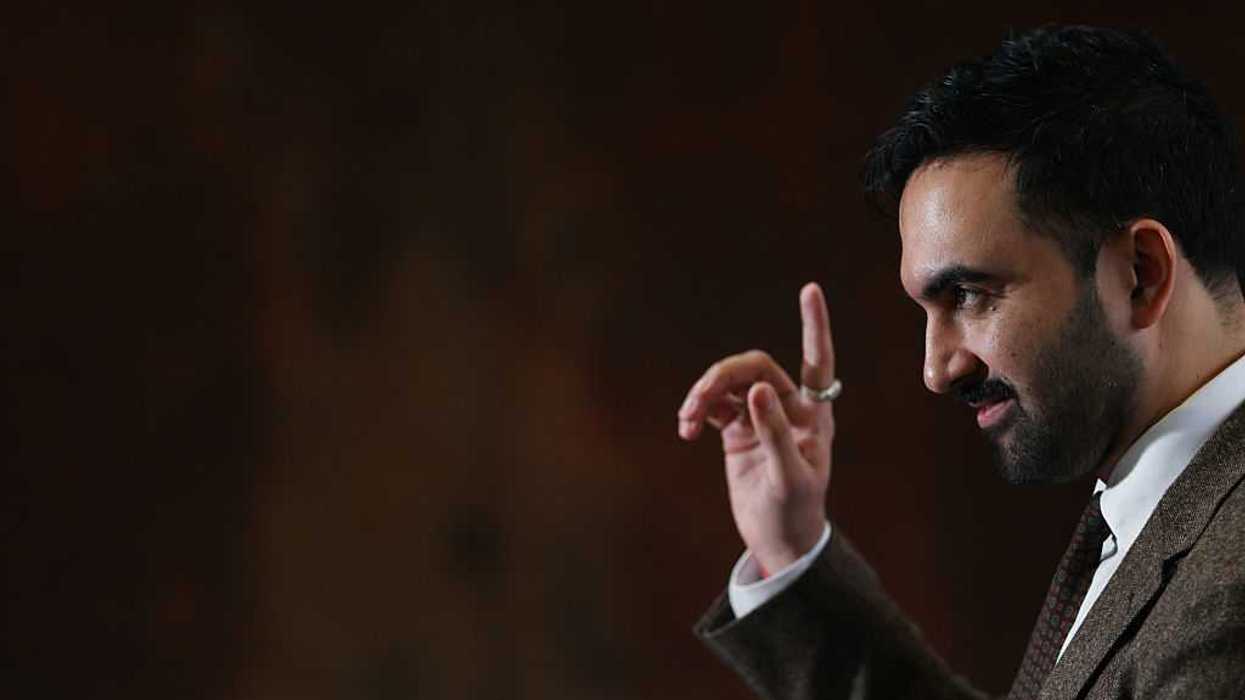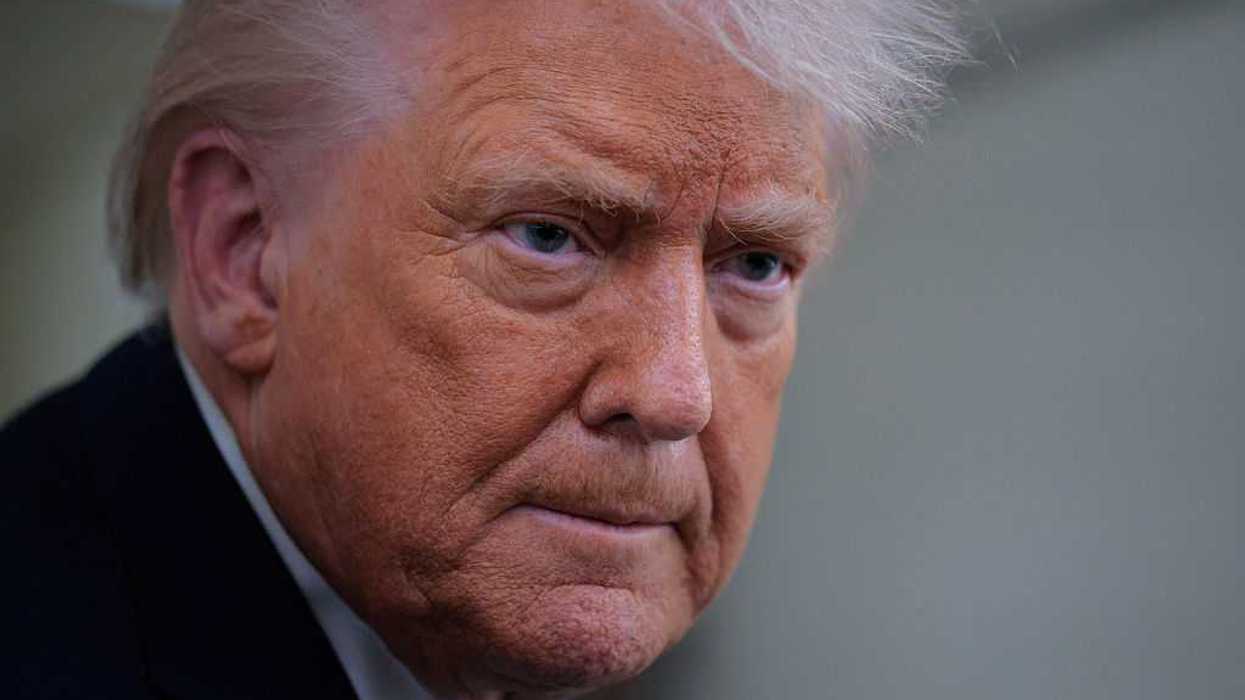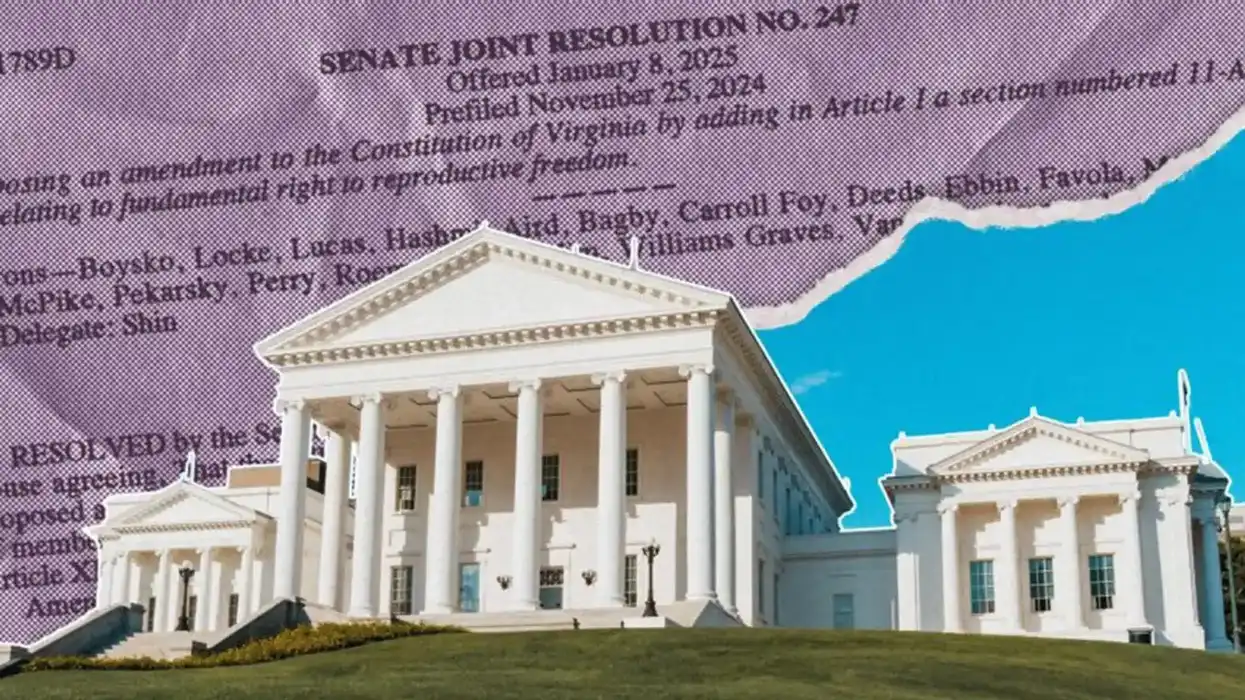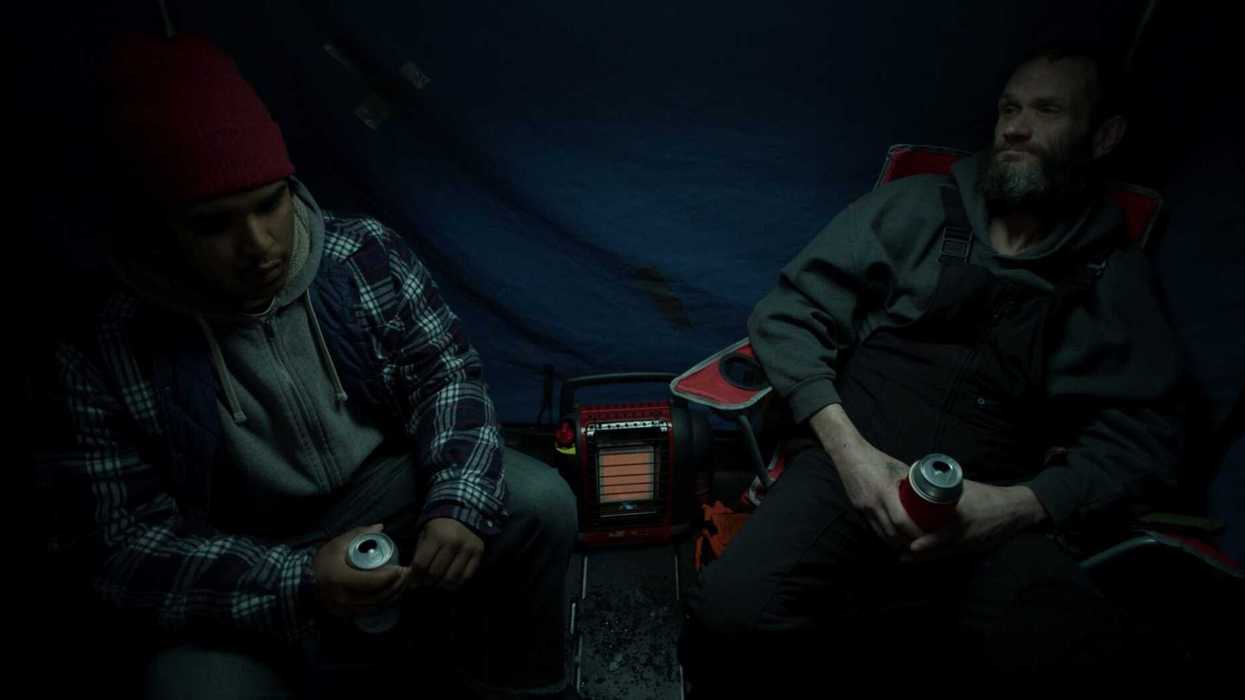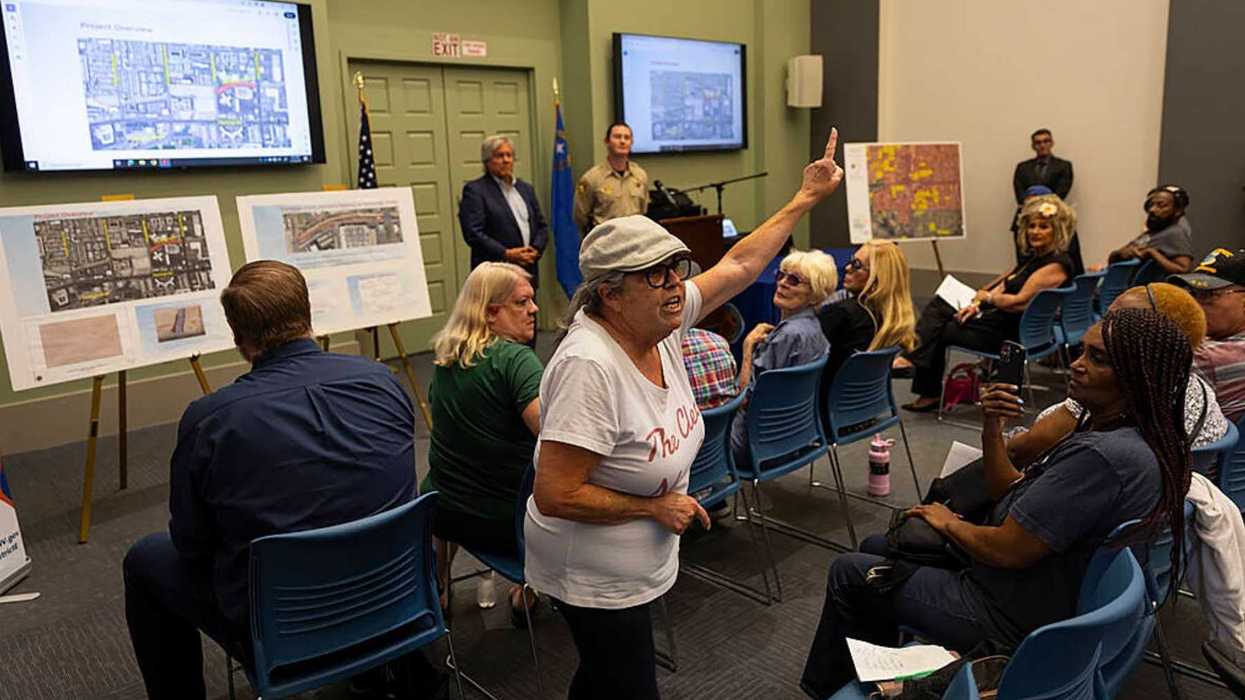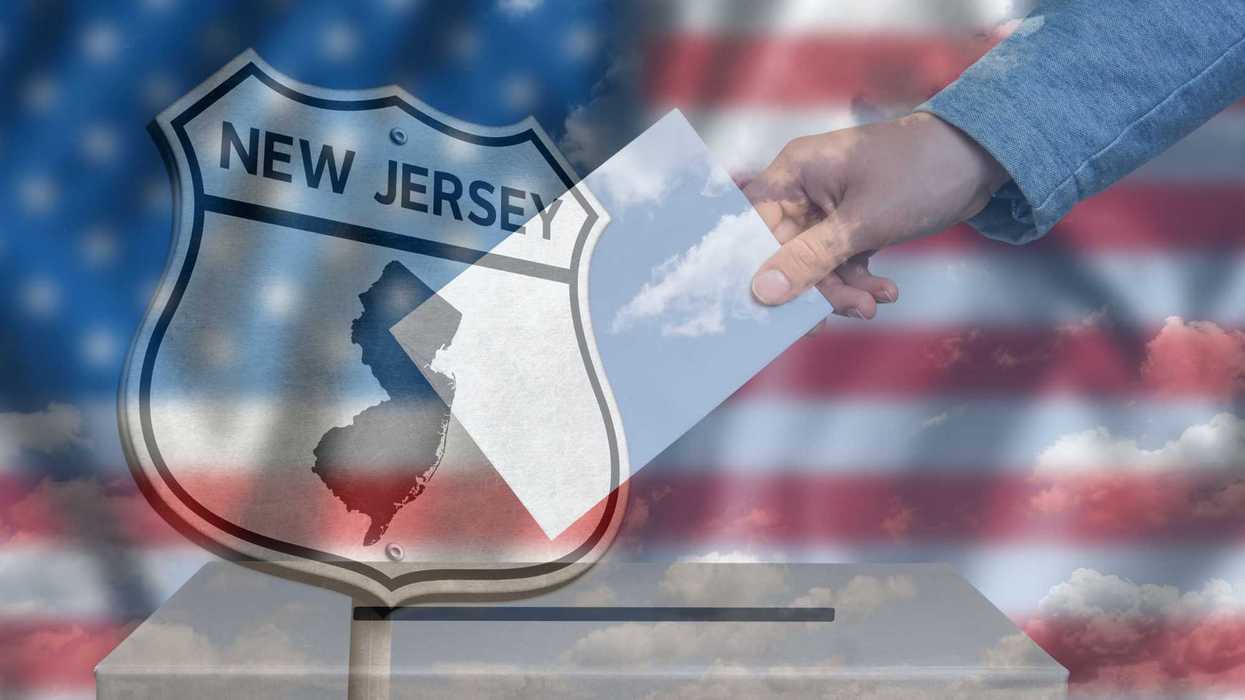The 50 is a four-year multimedia initiative led by The Fulcrum, traveling to communities in every state to uncover what motivated Americans to vote in the 2024 presidential election. Through in-depth storytelling, the project examines how the Donald Trump administration is responding to those hopes and concerns—and highlights civic-focused organizations that inform, educate, and empower the public to take action.
Cheyenne, Wyoming—proudly serving as the state capital—is both a geographic and symbolic gateway to the American frontier, where rugged heritage meets enduring civic pride.
Founded in 1867 amid the westward expansion of the Union Pacific Railroad, the city earned its nickname—“Magic City of the Plains”—for its rapid rise as a center of cattle, commerce, and rail. Its legacy as a crossroads of movement and identity continues to shape its civic character today.
In the 2024 presidential election, Cheyenne—anchored in Laramie County—voted decisively Republican. Reflecting Wyoming’s distinction as the most GOP-leaning state in the nation, Donald Trump secured a resounding statewide victory with over 71% of the vote—the highest percentage ever received by a presidential nominee in Wyoming’s history.
In the windswept capital, two seemingly disparate organizations—the Wyoming Stock Growers Association (WSGA) and the Wyoming Independent Citizens Coalition (WICC)—are redefining what civic engagement looks like in the American West. Though their missions differ in scope and style, both groups are deeply rooted in Wyoming’s democratic fabric, championing participation, advocacy, and community resilience.
- YouTube youtu.be
Ranching Roots, Political Reach
Founded in 1872, the Wyoming Stock Growers Association has long been a cornerstone of the state’s political and cultural identity. Formed initially to standardize cattle branding and protect ranching interests, WSGA quickly evolved into a powerful political force. In fact, historians have dubbed it the “de facto territorial government” during Wyoming’s early statehood.
Today, WSGA continues to wield influence—not through backroom deals, but through robust civic participation. The association regularly hosts legislative receptions, such as its annual event during the Wyoming Legislature’s General Session, where ranchers meet directly with lawmakers to discuss land use, water rights, and regulatory policy. These gatherings are more than symbolic; they are forums where rural voices shape state policy.
"Things have changed over time, but we're still, I believe, relatively influential in the state," said Jim Magagna, EVP, Wyoming Stock Growers Association. "At one time, ranching, agriculture was the number one revenue producer in the state of Wyoming. Today we're number three. But, we're the foundation or the building block upon which the others exist. And recreation, tourism are successful because ranching has maintained the wide open spaces."
WSGA also invests in the next generation of civic leaders through scholarships and youth programs, reinforcing a culture of stewardship and democratic responsibility. Their quarterly publication, CowCountry, reaches over 1,200 readers statewide and offers updates on legislation, land conservation, and civic opportunities.
Grassroots Power and Public Art
The Wyoming Independent Citizens Coalition is building civic power from the ground up. Founded in 2021, WICC is a Cheyenne-based nonprofit that empowers underserved communities through advocacy, education, and creative expression.
“We don’t just talk change—we create space for it,” reads WICC’s mission statement. That space includes everything from voter registration drives to public murals that celebrate identity and resilience. Their work is especially vital in a state where rural isolation and political polarization can dampen participation.
The state’s small population presents an ongoing challenge to ensuring meaningful representation of marginalized communities. Through initiatives like Capitol Collaboration Day, WICC equips underserved communities with tools for advocacy, education, and civic participation.
"We bring Latinos and Native Americans. We bring them to the capital. They listen to the sessions. We get a couple of legislators to talk to them," explains Carla Gregorio, President of the Wyoming Independent Citizens Coalition. "We want people to start seeing us in the capital. We want those young people to start seeing they can make a difference."
WICC reaches audiences often overlooked by traditional political outreach. Their efforts echo Wyoming’s legacy as the first state to grant women the right to vote—a history WICC proudly invokes in its programming.
Bridging the Divide
While WSGA and WICC may occupy different ends of the civic spectrum—ranchers advocating for land rights and grassroots organizers mobilizing marginalized voices—they share a commitment to local democracy. Both groups understand that civic engagement isn’t confined to the ballot box; it’s cultivated in town halls, on ranches, and in neighborhood parks.
As Wyoming continues to navigate questions of identity, equity, and resilience, these organizations offer a nuanced portrait of civic life—one that transcends partisanship and embraces participation.
Other Episodes To Watch:
Advancing Voting Rights and Civic Engagement in Nebraska
From Enforcement to Empowerment: Milwaukee’s Public Safety Reimagined
Connecticut: Democracy, Innovation, and Economic Resilience
Empowering Citizens in Illinois: How Community Television Strengthens Democratic Voices
Community Policing in New Jersey Strengthens Trust With the Public
Improving Infrastructure In Washington To Benefit Both People and Nature
Concern Over Education and Family Services in Rhode Island
In Swing-State Pennsylvania, a Latino-Majority City Looks Back at the 2024 Election
Hugo Balta is the executive editor of the Fulcrum. He is also the publisher of the Latino News Network.


